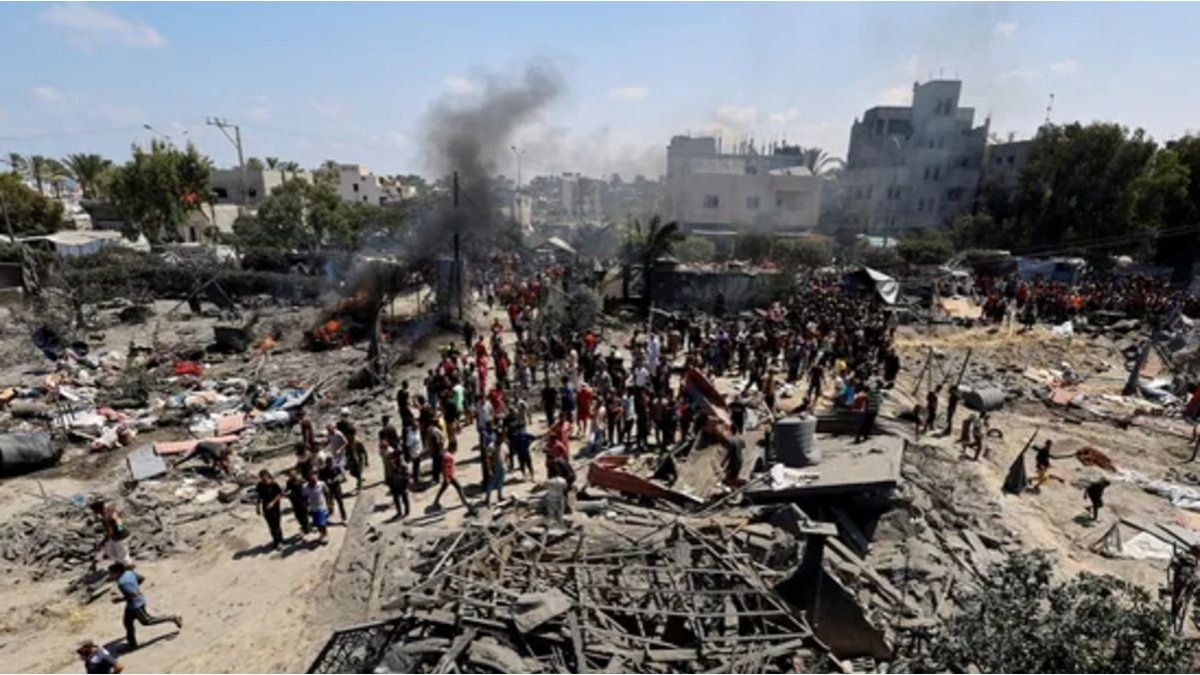According to Merkel’s spokesman, she asked Lukashenko to allow aid from the EU and the United Nations. For the people affected, it is about humanitarian supplies and opportunities to return to their home countries.
On Thursday, Iraqi migrants are to be brought to their homeland on a first flight from Belarus, as the Russian news agency RIA reported, citing the Iraqi ambassador in Moscow. According to the Federal Foreign Office in Berlin, 170 Iraqis have registered at the Belarusian-Polish border for “prompt repatriation”. According to the German Interior Ministry, the situation on the German-Polish border has eased. The number of migrants arriving in Brandenburg had been lower in the past few days, said a ministry spokesman.
Head of department Horst Seehofer announced that he would travel to Warsaw on Thursday to hold talks with the Polish government about the Belarus crisis. Government spokesman Steffen Seibert also announced that Merkel had telephoned the Polish Prime Minister Mateusz Morawiecki. The topic was the close German-Polish coordination on the worrying situation on the border between Belarus and the EU, Merkel had underlined the full German solidarity with Poland.
In the border area between Belarus and Poland, thousands of people, mainly from the Middle East and Africa, are still waiting in freezing temperatures to get to Poland and thus to the EU. According to official information, Poland has meanwhile stationed more than 20,000 security guards in the border area in the region of the city of Kuznica in order to prevent illegal entry. The EU accuses Lukashenko of targeting migrants in retaliation for sanctions and then smuggling them on to Poland. The Belarusian government rejects this.
The government in Warsaw remains concerned. Defense Minister Mariusz Blaszczak said on public radio that he expected tensions on the border to last for months. Violent clashes broke out on Tuesday. Polish security forces used water cannons, migrants threw stones from Belarusian territory.

Source From: Nachrichten




